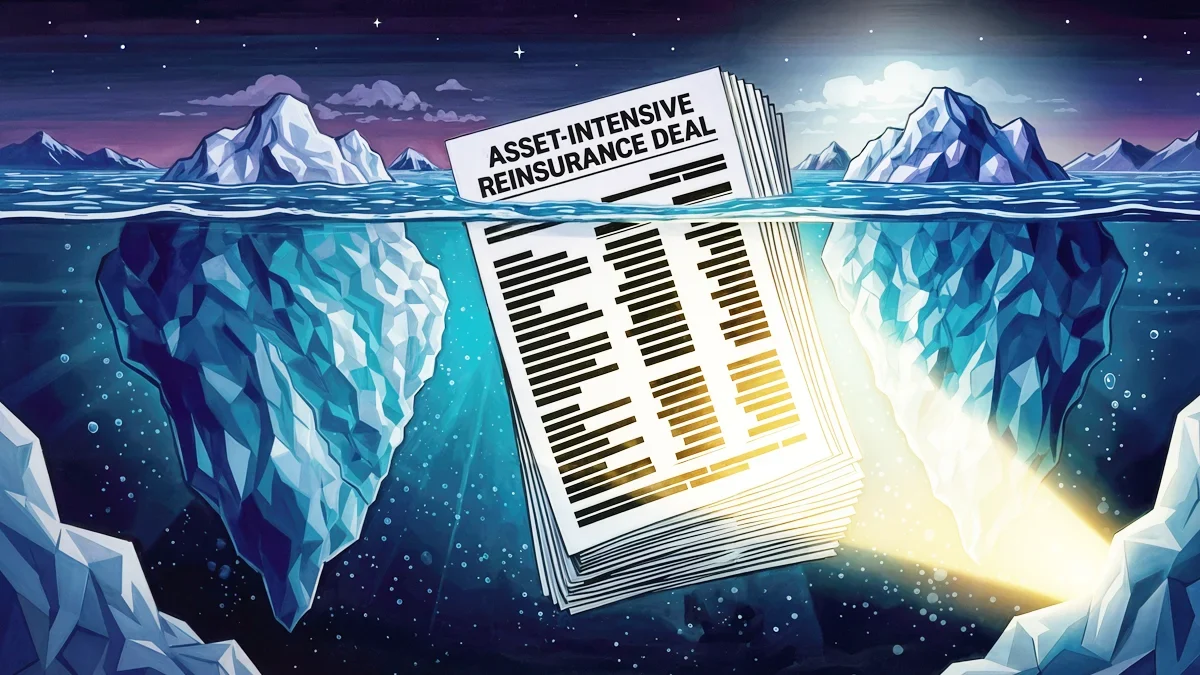By Doris Yu
(Re)in Summary
• EV adoption is rising rapidly and bringing new risks and opportunities for insurers.
• One concern is the high repair costs for EVs, though this is expected to reduce as production scales and technologies standardise.
• Some EV firms have entered the insurance market directly, however carriers are used to working with traditional car manufacturers and do not view this as a threat.
• Instead, there are increasing opportunities for collaboration insurers and manufacturers to contribute their expertise and develop new insurance products that drive the EV industry forward.
The sales of electric vehicles (EVs) continue to grow at a blistering pace. Projections from Blomberg predict EV sales should reach close to 17m units this year, marking a fifteenfold rise since 2017.
This swift expansion presents a mix of opportunities and challenges for the insurance sector, with insurers saying it opens the door to fostering closer collaborations between manufacturers and the industry to enhance insurance offerings in line with the rapidly changing EV market.
Chinese electric vehicle firm BYD set up an insurance brokerage in March 2022 and acquired a 100% stake in Yi’an Property and Casualty Insurance in May 2023, as it sought to create a complete closed loop system for their vehicles. A month later, Chinese EV competitor XPENG announced it had partnered with eight insurers by launching an online system that would facilitate the entire insurance process, from quotes to claims.
But even as EV manufacturers look to tap into the insurance business, insurance carriers don’t see this as a threat to their business.
“Car manufacturing is a low-margin business, and selling other products is a must. For insurance companies, this is not a new business model: traditional car manufacturers provide car finance, car insurance, and occasionally act as insurance intermediaries, sometimes with their own financial services companies in partnership with professional insurers or reinsurers and banks.
We are already sharing the value chain, based on what each partner does best,” Pierre Martelly, Chief of Staff, International Asia at Generali, told (Re)in Asia.

Pierre Martelly
Chief of Staff, International Asia at GeneraliMartelly gives an example of an EV crashing into a non-EV vehicle, which leaves the latter’s driver disabled. An EV company may not have the knowledge to settle compensation for the victim’s medical expenses. Neither will they understand how the non-EV vehicle will be repaired, which is where insurer’s expertise comes in.
He expands on other areas of expertise that insurers provide, which EV manufacturers cannot. “Insurers can maintain networks of approved garages and maintain roadside assistance capabilities that may be difficult to justify for an insurance company dedicated to a single EV brand. Insurers are also strictly regulated to ensure they can compensate victims for long-term liabilities.”
Repair costs
One challenge facing consumers and insurers alike is the repair costs of EVs compared to vehicles with internal combustion engines.
EVs are built with several intricate electronic and battery modules that are produced in limited quantities, occasionally exclusively for a given brand. Because of this, they tend to be more expensive and time-consuming to repair in case of a serious crash.
Pierre Martelly
Chief of Staff, International Asia at GeneraliHowever, Martelly believes that costs will start to level out over time.
“We expect that within a couple of years, EVs will be produced in larger numbers and the technologies will be standardised around the most successful solutions. At that point in time, the EV manufacturers, like traditional car manufacturers, will become assemblers of car modules provided by specialised suppliers. Repair prices will decrease for everyone, and insurers will also be able to source the parts from the same suppliers or from part stockists,” said Martelly.
Although repair costs should come down over time, insurers must maintain operational excellence as they seek to remain competitive, said Thibault Imbert, Senior Insurance Solution Manager of Global Consulting at Munich Re. The claims aspect is a key pillar of this operational excellence, he added.
“Understanding the specificities of EV repairs, being capable of correctly assessing claims costs and adequately adapting processes is a key lever to remain competitive,” Imbert told (Re)in Asia.
Imbert said that insurers need to develop a deep understanding of the landscape to help build its advantage.
“While expertise throughout the overall insurance value chain, from product design and pricing to claims, remains fundamental, it is not sufficient. A deep understanding of the landscape, its evolutions and the customers’ expectations must be added to these fundamentals.”

Thibault Imbert
Senior Insurance Solution Manager of Global Consulting at Munich ReCross-Industry collaboration: a major opportunity
Instead of competing with each other, collaboration between EV manufacturers and insurers will help drive the insurance and EV industries further.
Pierre Martelly
Chief of Staff, International Asia at Generali“We do not believe that there will be a pure-play EV insurer dedicated to a single EV brand. Rather, each player can focus on their strengths through cooperation with professional insurers or reinsurers,” said Martelly.
“The EV manufacturers bring to the table a more extensive set of data, and the insurers bring their risk calculation skills and networks of partner roadside assistance, garages, hospitals, leading to an evolved version of the current Pay-How-You-Drive insurance products. This is an exciting challenge for the coming few years, but it is an evolution, not a revolution,” he adds.
Generali already has several agreements with manufacturers to expand its products. For example, its partnership with Stellantis N.V., a multinational automotive manufacturing corporation, includes an initiative to develop products and services specifically tailored for EVs.
Thibault Imbert
Senior Insurance Solution Manager of Global Consulting at Munich ReMunich Re is also proactively engaging with several players in the EV manufacturing landscape, according to Imbert.
“We believe that working together with EV manufacturers offers a major opportunity for the insurance industry. The development of new ecosystems, centred around a collaboration between insurers and Original Equipment Manufacturers, is the best way to provide superior insurance offerings for customers,” he said.
“Together, it will be possible to combine proper risk assessment and optimal customer experience throughout the lifetime of the policy,” Imbert concludes.















